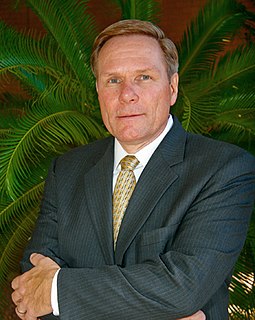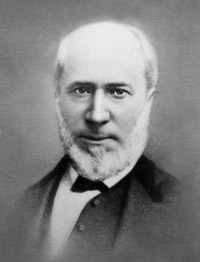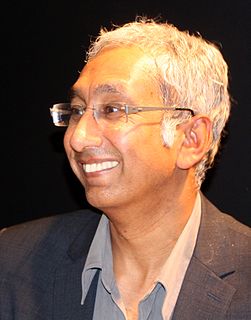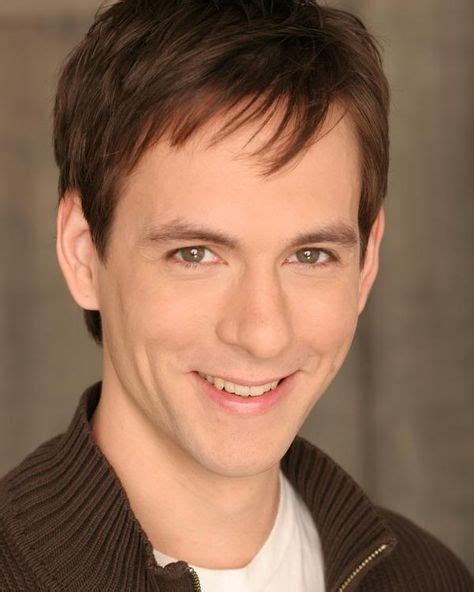A Quote by Richard Dawkins
Humans have more moral responsibility perhaps, because they are capable of reasoning.
Quote Topics
Related Quotes
If we empower ourselves with responsibility over our actions, responsibility over our destinies and responsibility for directing and maintaining and creating our own ethical and moral frameworks, which is the most important thing really isn’t it because perhaps the greatest insult to humanism is this idea that mankind needs a god in order to have a moral framework.
When humans act like animals, they become the most dangerous of animals to themselves and other humans, and this is because of another critical difference between humans and animals: Whereas animals are usually restrained by the limits of physical appetites, humans have mental appetites that can be far more gross and capacious than physical ones. Only humans squander and hoard, murder and pillage because of notions.
Our moral reasoning is plagued by two illusions. The first illusion can be called the wag-the-dog illusion: We believe that our own moral judgment (the dog) is driven by our own moral reasoning (the tail). The second illusion can be called the wag-theother-dog's-tail illusion: In a moral argument, we expect the successful rebuttal of an opponent's arguments to change the opponent's mind. Such a belief is like thinking that forcing a dog's tail to wag by moving it with your hand will make the dog happy.
Although humans today remain more capable than machines for many tasks, by 2030 machine capabilities will have increased to the point that humans will have become the weakest component in a wide array of systems and processes. Humans and machines will need to become far more closely coupled, through improved human-machine interfaces and by direct augmentation of human performance
Surely it should be a matter of moral responsibility that we humans, different from other animals mainly by virtue of our more highly developed intellect and, with it, our greater capacity for understanding and compassion, ensure that medical progress slowly detaches its roots from the manure of non-human animal suffering and despair.
Not one idiot in a thousand has been entirely refractory to treatment, not one in a hundred has not been made more happy and healthy; more than thirty per cent have been taught to conform to social and moral law, and rendered capable of order, of good feeling, and of working like the third of a man; more than forty per cent have become capable of the ordinary transactions of life under friendly control, of understanding moral and social abstractions, of working like two-thirds of a man.



































